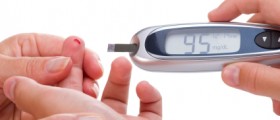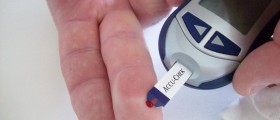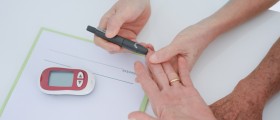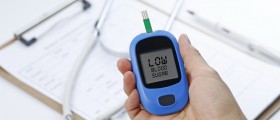
Introduction to high glucose
A person who does not have the diabetes usually have fasting plasma blood glucose levels that usually under 126 mg/dl.
However, it is important to visit the doctor so that he or she can examine the patient and determine what the target blood glucose should be. This is the level that a person should try to stick to at all times in order to ensure good health.
When a person has high blood glucose it is called hyperglycemia, and this is usually above 160 mg/dl, however, it is best to get a personal appraisal from the doctor on what each individuals target level should be.
People who have high blood glucose run a greater risk of eye diseases, kidney problems, heart attacks and strokes.
When a person has a high blood glucose it is important to treat it and to work on keeping it at a normal level at all times.
Symptoms
When a person has high blood glucose they will probably be thirsty constantly, go to the bathroom a lot, have dry mouth and dry skin, experience fatigue, blurred vision, frequent infections, have cuts and sores that heal much slower than usual and start losing weight for no particular reason.
Causes
The blood glucose level can be affected greatly by the food a person is eating and what their feeding habits are. If a person is eating large portions of food in one sitting or is consuming a great deal of high-fat foods, then there could be a problem.
It is also important to make sure that the person’s exercise plan and possible regime of medications is not having negative effects on the blood glucose level either.
It is also very wise to include a good amount of physical activity in a person’s everyday schedule.
Exercise is key to controlling the blood glucose levels.
When a person is taking medication it is important to stick to the plan and to take the prescribed doses at the right time. If a person is taking insulin, it is important to check it to see if it looks different, because it can be spoiled. It is important to keep the insulin somewhere were the room temperature is moderate and to make sure that it has not expired.
Illness, infections, injuries or surgeries can also have an effect on the blood glucose levels of a person.
In order to maintain a healthy blood glucose level, it is important to drink a lot of water, at least eight glasses daily. It is also very important to monitor ones glucose levels and to check it before each meal. If the level is too high in a period of three days, every day, then the person will probably need medication.

















Your thoughts on this
Loading...